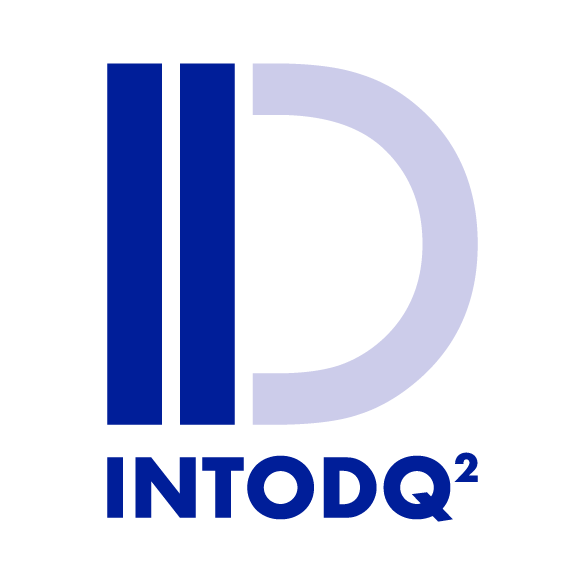DATA EXCELLENCE FOUNDATION
Data quality management, metadata management, and data protection are three foundational elements for any data driven initiative, like data governance.
This is also the perspective that Data Management Association (DAMA) International aligns with in its widely recognized DAMA-DMBOK (Data Management Body of Knowledge) framework.
DAMA defines data quality, metadata management, and data protection as core pillars for data governance.
Together, these foundational activities ensure that data is not only managed and accessible but is also reliable, understandable, and secure.
This helps organizations use data as a strategic asset for decision-making, innovation, and competitive advantage.
At IntoDQ2, we offer solid solutions to support all three pillars.

Metadata Management
Contextual Understanding: Your metadata catalog describes your data’s structure, meaning, and origin. By managing your metadata effectively, businesses ensure users across the organization can understand and use data correctly. With our combined data quality offering, we can provide users with data quality statuses in the metadata of your data.
Data Lineage: Metadata management also tracks the flow of your data, providing transparency in where it comes from, how it’s transformed, and where it’s used—critical for auditability and trust.
Data Marketplaces: Data Portals or Data Market Places merit from adequate managed metadata. Users rely on metadata to understand what data is available, its relevance, and how it can be used. Metadata management plays a vital role in enhancing the functionality, usability, and trustworthiness of data marketplaces. Together, they enable organizations to leverage data more effectively.
Data Quality Management
Fit-for-Purpose Data: Data governance ensures that data is accurate, complete, consistent, and timely—qualities necessary to make informed business decisions. Poor data quality can lead to incorrect insights, inefficiencies, and regulatory penalties.
Operational Efficiency: Good data quality reduces rework and errors, optimizing processes across an organization.
Data Protection (Privacy, Risk, Security)
Compliance with Regulations: Privacy and security measures are crucial for adhering to regulations like GDPR, HIPAA, and CCPA, which mandate how sensitive data must be handled. Non-compliance can lead to hefty fines and legal repercussions.
Risk Management: Strong security protects data from breaches and unauthorized access, while privacy measures ensure that personal data is used responsibly, maintaining customer trust and mitigating risks.


